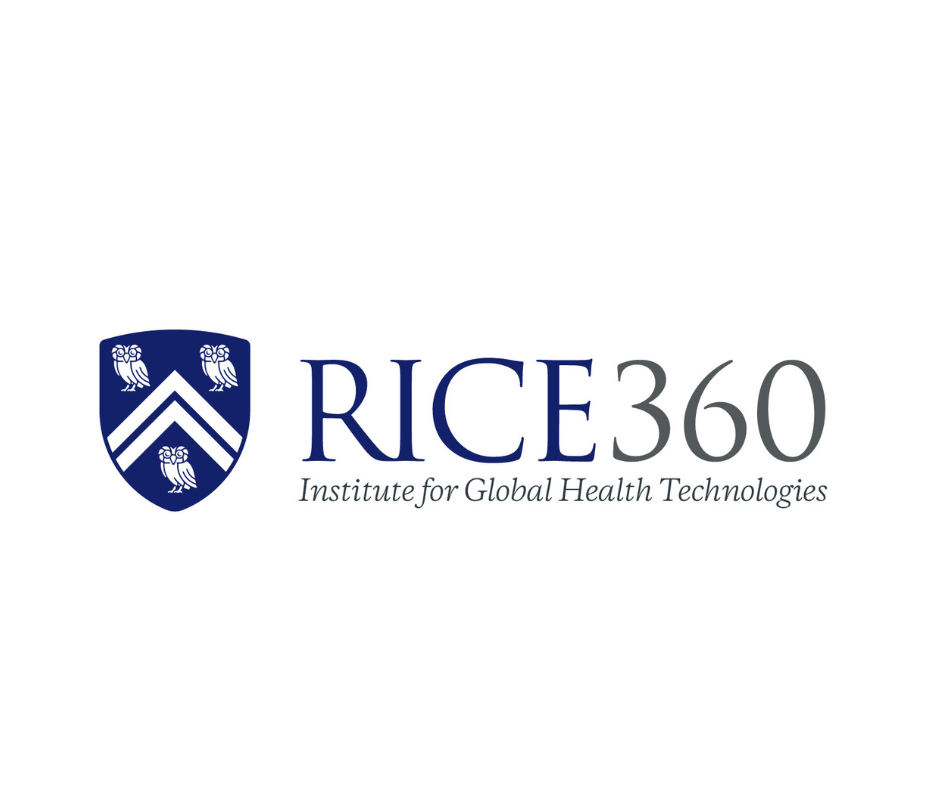On April 12, Rice360 Institute for Global Health Technologies hosted Dr. Angelica Floren, MD, to share her lessons regarding a holistic approach to improving maternal and newborn health care in the Dominican Republic.
For 35 years, Dr. Floren, her team, and her partners in the Dominican Republic worked to accelerate vaccinations to prevent meningitis and pneumonia. As this program drew to a close due to its success, Dr. Floren’s team saw an opportunity to continue to make a difference. So they changed their focus to improving the lives of newborns and mothers, renaming their foundation, The Dominican Foundation for Mothers and Infants.
Dr. Floren and her partners in Miami and the Dominican Republic began a systematic approach to implementing newborn health care measures and improving newborn and maternal care in health facilities in the Dominican Republic. Their approach combines the training of local clinical staff and the introduction of affordable technologies and care techniques.
According to Dr. Floren, their team started with the advancement of Kangaroo Mother Care (KMC), addressing conditions related to hypothermia and infection. KMC consists of skin-to-skin contact between a baby and its mother, encouraging breastfeeding, and providing warmth. Dr. Floren explained that the KMC programs improved the survival of small and sick newborns, improved their growth rate, and decreased their susceptibility to infections.
The success of KMC in the Dominican Republic was inspiring to Dr. Floren and her team. As they tracked the data from participants, they identified additional measures of care that would help their patients and improve the lives of newborns and mothers.
Respiratory care, Dr. Floren explained, was the second tier of care organized by their team to combat neonatal mortality. Dr. Floren discussed the improvements they have seen after introducing the Pumani bubbleCPAP and other respiratory support equipment in the hospitals throughout the Dominican Republic where they consult.
Through Project Hope, Dr. Floren and her team have installed 22 Pumani devices in facilities in the Dominican Republic. She emphasized that training has to be part of deploying these devices, or they will not be used. She has been encouraged during follow-ups with the facilities. The staff, she says, are requesting smaller cannulas, which for Dr. Floren means the use of bubbleCPAP has become routine. And the need for smaller cannulas also indicated to her that clinicians were treating even lower birthweight babies—babies who may not have survived before the bubbleCPAP treatment became available.
In addition to KMC and respiratory care, Dr. Floren’s program focuses on preventing sepsis through infection prevention and control, treating and detecting jaundice, detecting and treating retinopathy of prematurity (ROP), and hemorrhage care for new mothers.
For her organization, technology and education are both tied to improving newborn and maternal care in the hospitals and facilities where they work. The clinicians and nurses in the Dominican Republic who participate in the training on the technology and treatment options with her organization are improving newborn and maternal outcomes.
Rice360 Institute for Global Health Technologies hosted Dr. Floren, whose work mirrors the NEST360 approach to neonatal health that combines improved technologies with training and using data for action to improve outcomes for small and sick newborns.

